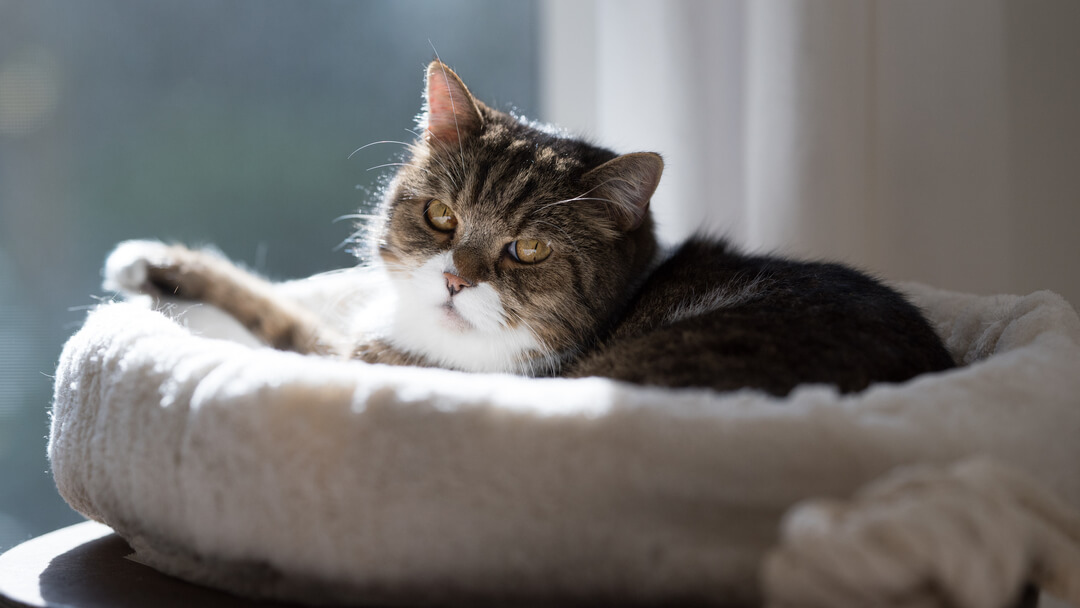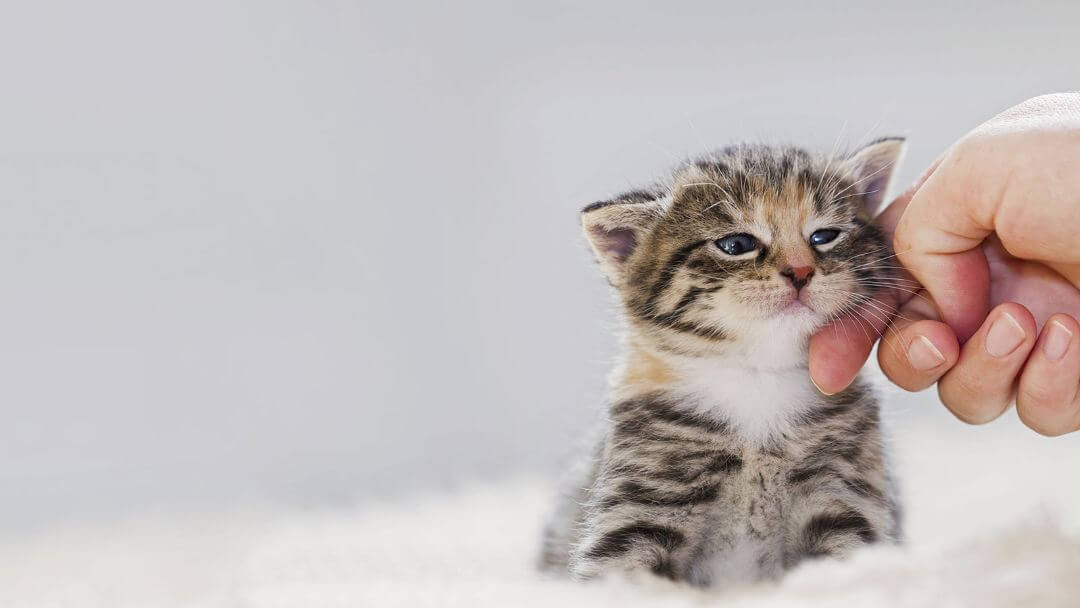epilepsy in cats uk
Seizures and Epilepsy in Cats. The signs your pet is having a fit.

Does My Cat Have Epilepsy Goddard Veterinary Group
Primary epilepsy in dogs is usually genetic in origin.

. Contact a vet as soon as possible if your cat begins to have a seizure. Your cat may also suffer from idiopathic epilepsy meaning all known causes for seizures have been eliminated. When Ive spoken to other people about seizures Ive heard some unfamiliar terms.
However there is little evidence of this in the cat. Idiopathic epilepsy is a diagnosis sometimes given for cats when. Two drugs are licensed for the treatment of primary epilepsy in dogs.
In this type of epilepsy there is no known physical cause of the seizures. Idiopathic epilepsy also manifests through seizures but in this case no abnormalities can be detected in the brain or anywhere else in the body. Your cat may suffer from a disease or condition for which treatment is not possible or practical.
Some animals may look dazed or stare off into the distance before a seizure. Seizures in cats can be caused by genetic andor structural abnormalities in the brain or as a result of systemic disease liver or kidney diseases. When this disease is diagnosed in your cat you need to make sure that its environment and.
Fits for which no underlying cause is found and are the result of unexplained abnormal electrical discharges in the brain. Epilepsy in cats should not be confused with the genetic condition called idiopathic epilepsy which usually affects both dogs and humans but is a fairly rare illness in felines. Epilepsy is the diagnosis we make when all other potential causes have been ruled out.
Types Of Epilepsy In Cats. Cats can though develop Epilepsy of Unknown Cause EUC which appears similar but does not have a genetic cause and is probably due to microscopic damage to brain tissue but no-ones certain if its just one disease or several very similar ones. There can be a number of reasons why a cat may suddenly have a seizure or fit one of which could be epilepsy.
Aging is a significant risk factor for these disorders in cats. While somewhat rare cats like people can experience seizures and be diagnosed with epilepsy. There are lots of different reasons your cat may have a seizure.
Signs Symptoms of a Cat Seizure. Usually starting between the ages of one and five years old epileptic fits can cause your cat to experience dramatic and violent spasms. We need to consider a toxin ingestion a brain tumour trauma liver or kidney disease or an infection.
Epilepsy is the medical term for recurring seizures which are episodes of violent jerking disorientation and shaking that occur suddenly and often without warning. Cat seizures can take many forms. It may occasionally be referred to as Primary Epilepsy.
Idiopathic Epilepsy in Cats. Phenobarbital commonly prescribed under the trade name EpiphenTM and Imepitoin prescribed under the trade name PexionTM. It is a more common disorder than youd think which makes it difficult for the party suffering from it to lead a normal life because they may suffer an epileptic seizure at any point.
In comparison to dogs seizures and epilepsy are much less common in cats and are usually symptoms of disease within the brain itself. Primary also known as idiopathic epilepsy or epilepsy of uknown origin. It is estimated that around 1 of all cats will contract epilepsy at some point in their lives and it is the most common sign of chronic neurological feline disorder although like human epilepsy it can often be controlled by.
Although less common than in dogs RSD and epilepsy still comprise an important disorder group in the UK cat population. Epilepsy is more common in dogs than in cats. While the true incidence of primary epilepsy in cats is unknown it has been suggested that between 21 and 59 of cats with seizures are primary epileptics.
Epilepsy in cats is a brain disorder that causes sudden fits or convulsions in much the same way as epilepsy affects us humans. Idiopathic epilepsy is a relatively common inherited condition in dogs but inherited seizures are not typically seen in cats. Epilepsy is a neurological disease that affects many different animals including human beings.
Similarly the term epilepsy is not a specific disease but the term used to define recurrent epileptic seizures. When this occurs for unknown reasons it is referred to as idiopathic epilepsy. If your pet is about to have a fit you might notice them behaving oddly.
Although less common than in dogs RSD and epilepsy still comprise an. No medication is licensed for cats but we have lots of. Cats with frequent recurrent seizures may need to be treated with anticonvulsant medications.
Generalized or grand mal seizures can include convulsions limb rigidity or paddling loss of consciousness abnormal vocalization and loss of urinary or bowel control. Potassium bromide prescribed under the trade name LibromideTM is licensed for uncontrolled epilepsy in dogs. Even if it only occurs once you should have your cat checked immediately.
An epileptic seizure is not a disease entity in itself but a clinical sign generally indicative of a forebrain disorder. Epidemiology of recurrent seizure disorders and epilepsy in cats under primary veterinary care in the United Kingdom. Feline epilepsy is divided into two types based on the cause of seizures.
Your cat could also have a seizure as a result of epilepsy which means that the seizures cause is unknown. Epilepsy is a brain disorder that causes the affected cat to have sudden uncontrolled recurring physical attacks with or without loss of consciousness. Your pet might have one seizure in their lifetime or they could have a condition called epilepsy which can cause frequent fits if your pet doesnt get treatment.
Idiopathic epilepsy is an inherited disorder in dogs but is rarely diagnosed in cats. Epilepsy is a condition which is characterized by recurrent seizures. The most common cause of seizures in cats is intracranial disease primary central nervous disease such as epilepsy brain tumor or inflammatory disease.
Again seizures are unusual in cats in contrast to our canine companions and when they do occur its usually as a complication of another problem. Consequently a cat having a single epileptic seizure does not have epilepsy as the seizures are not recurrent.

Cat Seizures What To Look For Uks 1 Pet Blog

Royal Veterinary College Canine Epilepsy Research Did You Know That Cats Can Have Epilepsy Too We Ve Got A Questionnaire About Our Feline Companions This Month We Need Owners Of Cats Both
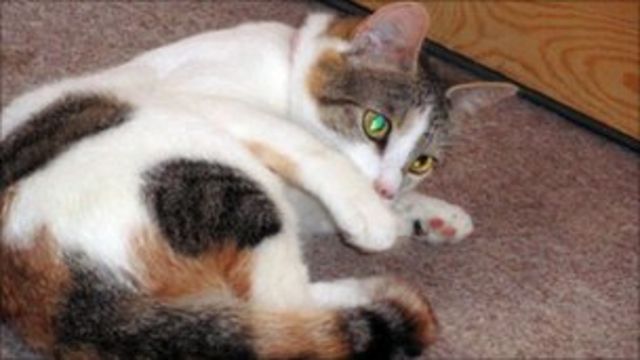
Pet Cat Senses Bournemouth Owner S Epilepsy Bbc News

Nutrition Management For Epileptic Pets The Thoughtful Pet Food Store
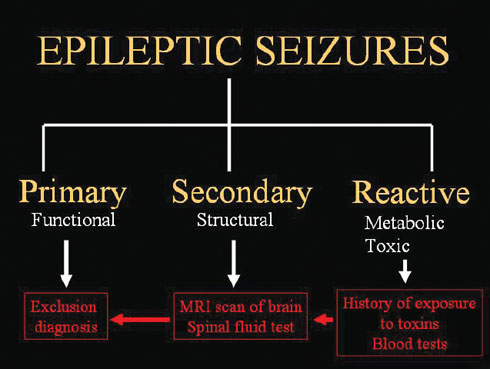
Seizures Epilepsy In Cats International Cat Care

Seizures In Cats Cat Health Advice The Healthy Pet Club
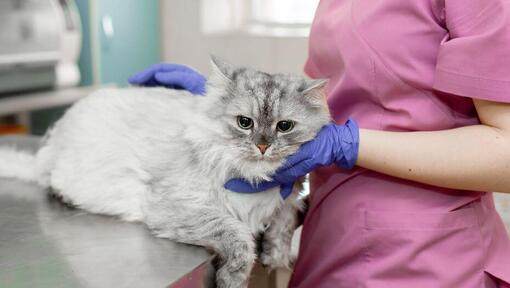
Cat Seizures In Older Cats Symptoms Treatment Purina

Understanding The Impacts Of Feline Epilepsy On Cats And Their Owners Henning 2021 Veterinary Record Wiley Online Library
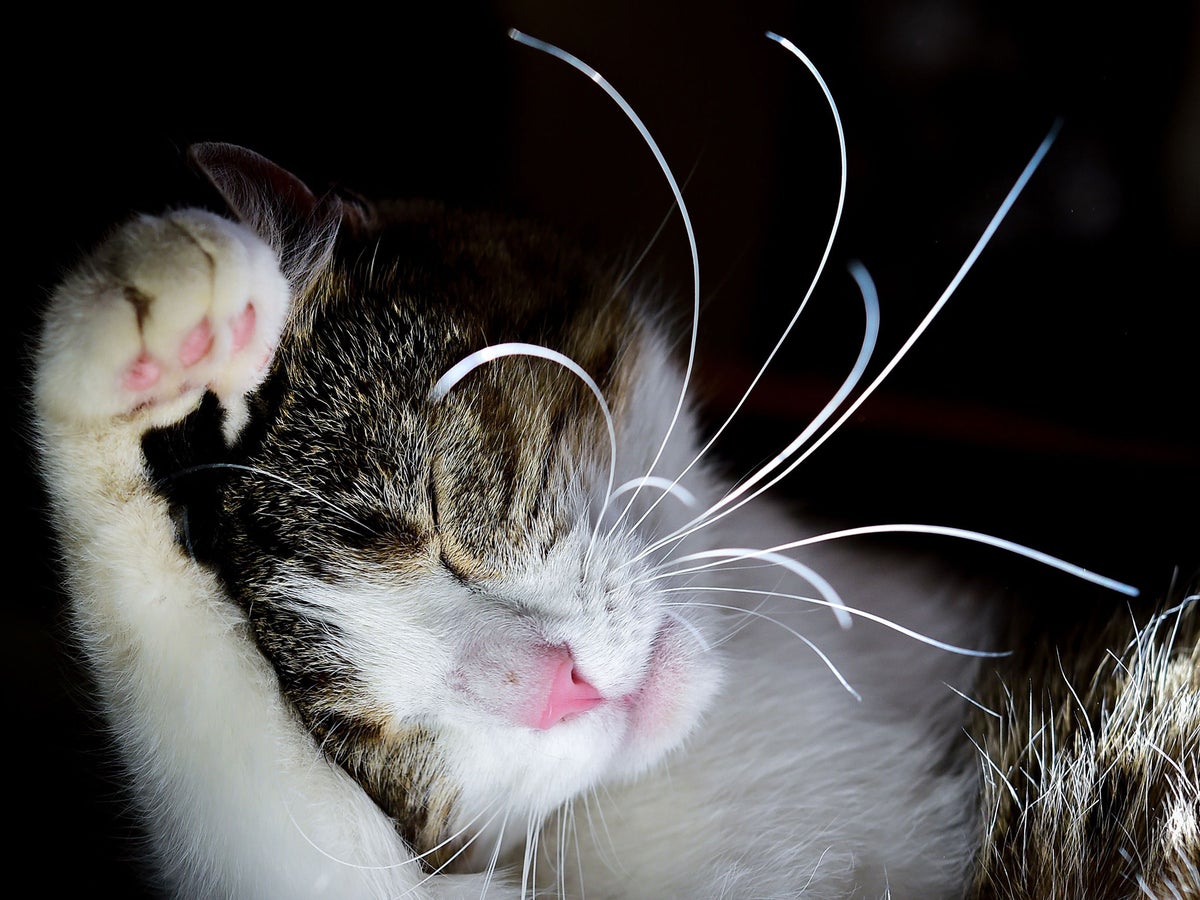
Cat Seizures Can Be Triggered By High Pitched Noises Including Tin Foil And Jangling Keys Experts Find The Independent The Independent
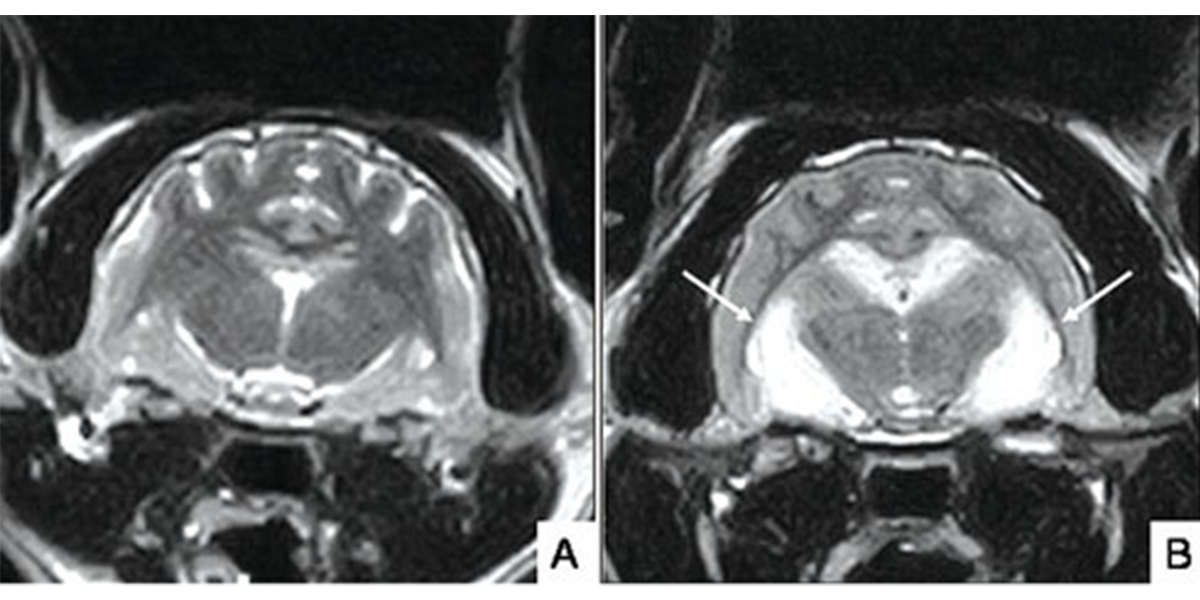
Seizures Epilepsy In Cats International Cat Care
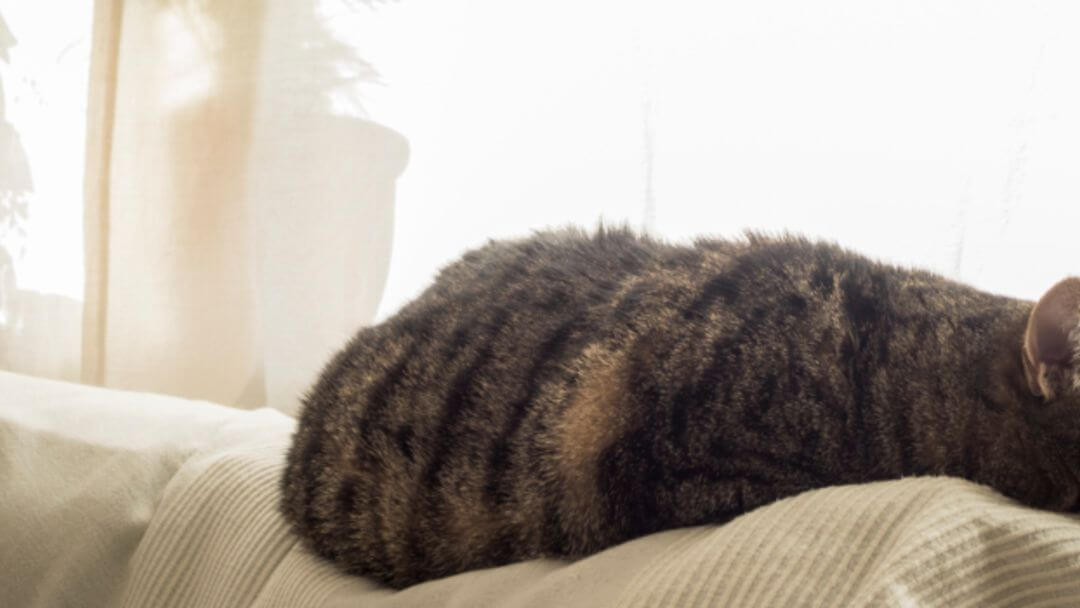
Cat Seizures In Older Cats Symptoms Treatment Purina

Idiopathic Epilepsy What To Do If Your Dog Or Cat Has A Seizure Welcome To The Insurance Emporium

Pet First Aid Reasons For Fitting In Cats Pet Drugs Online

Canine And Feline Epilepsy Cabi Org

Cat Seizures In Older Cats Symptoms Treatment Purina

